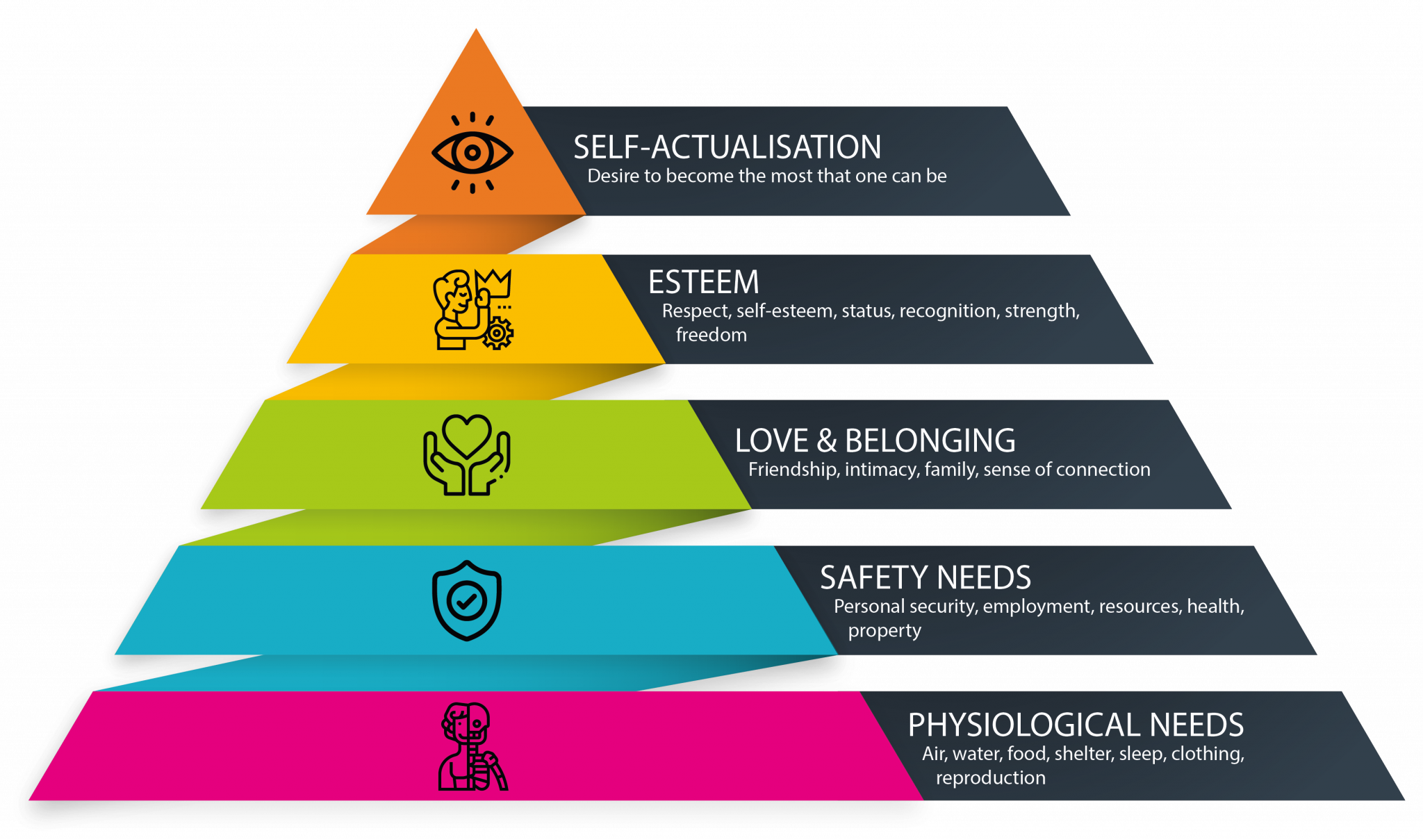During my second year of college I had a nervous breakdown. I was working 70hrs a week at two jobs, with only an hour for lunch each day.
As you’re probably aware, when your commute is at least 20 minutes, an hour between jobs means you don’t have much time for anything besides Ramen noodles and an outfit change.
I developed a deep depression that ultimately affected my performance at both jobs, and got me kicked out of school. My father insisted that I would feel better at home, with a steady routine for sleep and meals.
This is still something I struggle with, being a recovering perfectionist. I often find myself trying to push past my needs in order to complete a project I’m working on, because I don’t want to ‘fall out of flow’.
This is obviously an illusion, because if you’re not fully fed or rested you are not creating from your highest level, physically or mentally.
This is one of the simplest but most important lessons that I have had to learn and practice. Especially having spent over a decade in corporate America where the company’s needs came before your own.
Taking care of yourself matters! Doing it every day matters the most; but it also feels the hardest to achieve if you’re struggling with mental health or neurodivergence obstacles.
This is where repetitive patterns become essential.
Creating a daily routine for yourself that you can stick to regardless of stress, travel, or schedule, will change your access to living your life as a healthier you.
It’s not easy, by any means; but this is why so many guru types teach about habit development and habit stacking.
There are lots of resources out there, but many key elements are the same. Below is a list of tips to help you start developing your own routines:
- Start Small – Rome wasn’t built in a day. Start with a single habit that fits into your life easily. For example, making coffee at home is a daily ritual that many people enjoy, as they can customize their experience to be something they look forward to every day.
- Focus on Repetition – Consistency will build muscle memory, and make it easier to succeed. Daily routines take at least a month to become ingrained into the body.
- Expect Setbacks – Forgiving yourself is just as important as not giving up. Missing a day doesn’t mean you just quit. Give yourself some gentleness, maybe a hug, and get excited about getting it right tomorrow.
- Pick a Schedule that Works For You – Not every single habit needs to be something you do daily. Maybe you have certain habits you’ll see work better on a weekly basis. I adore “Self Care Sundays” and stack a lot of my chores alongside my sensual habits like baths, or a home pedicure.
- Mixing Business with Pleasure – It helps me to view some of my less favorite habits as something I can look forward to, if I do them together with habits I really enjoy. Hate folding laundry? Do it while you watch your favorite guilty pleasure show.
- Scale Up – Build yourself up to a minimum of 30 minutes each day for your routine. If you have more time, that’s great! You can even split your routine into sections (morning/evening).
- One Routine at a Time – This isn’t a sprint, it’s a marathon. Allow yourself to find consistent success with your existing habits before adding more to your plate.
- Make It Portable – While not every task will fit into every location, planning ahead for travel, extra busy weeks, or even emergencies by having habits you can take with you. Can’t get to a gym during that conference? Take 2lb weights in your luggage.
- Make Accountability Fun – A psychological trick is to mark days off in a calendar. The brain adores visual patterns, and tries its best not to break them. Marking off every day that you complete a habit will make your brain look forward to the ‘reward’ of tomorrow’s mark. A regular mark too boring? Try some fun stickers or a stamp that you love.
There are a ton more things you can do to help yourself find success, but these tips will get you started in a nice and easy-going way. Remember, you’re building your best life. Be nice to yourself and try to have some fun with it!
Feel like you want coaching and/or support on your journey? We’re here to help!
Schedule Your Free Consultation Call
**Disclosure: This blog is not meant to be a replacement for professional/licensed therapy.
Many people enjoy the DIY of mental health, but almost everyone needs support at one time or another, and no one should feel alone in their pain.
While almost anything can be found on the internet, if you’re in need of professional help do not hesitate to contact a licensed therapist.






I know a lot about Buddhism, but your website is so great and so full of information that I want to start looking into it deeper. Thank you!
The meeting will provide an opportunity for practicing Buddhists to take a fresh look at the stages they have already completed and to “reboot”, gain a foothold on the way, and beginners will be able to clarify difficult moments of the teachings.